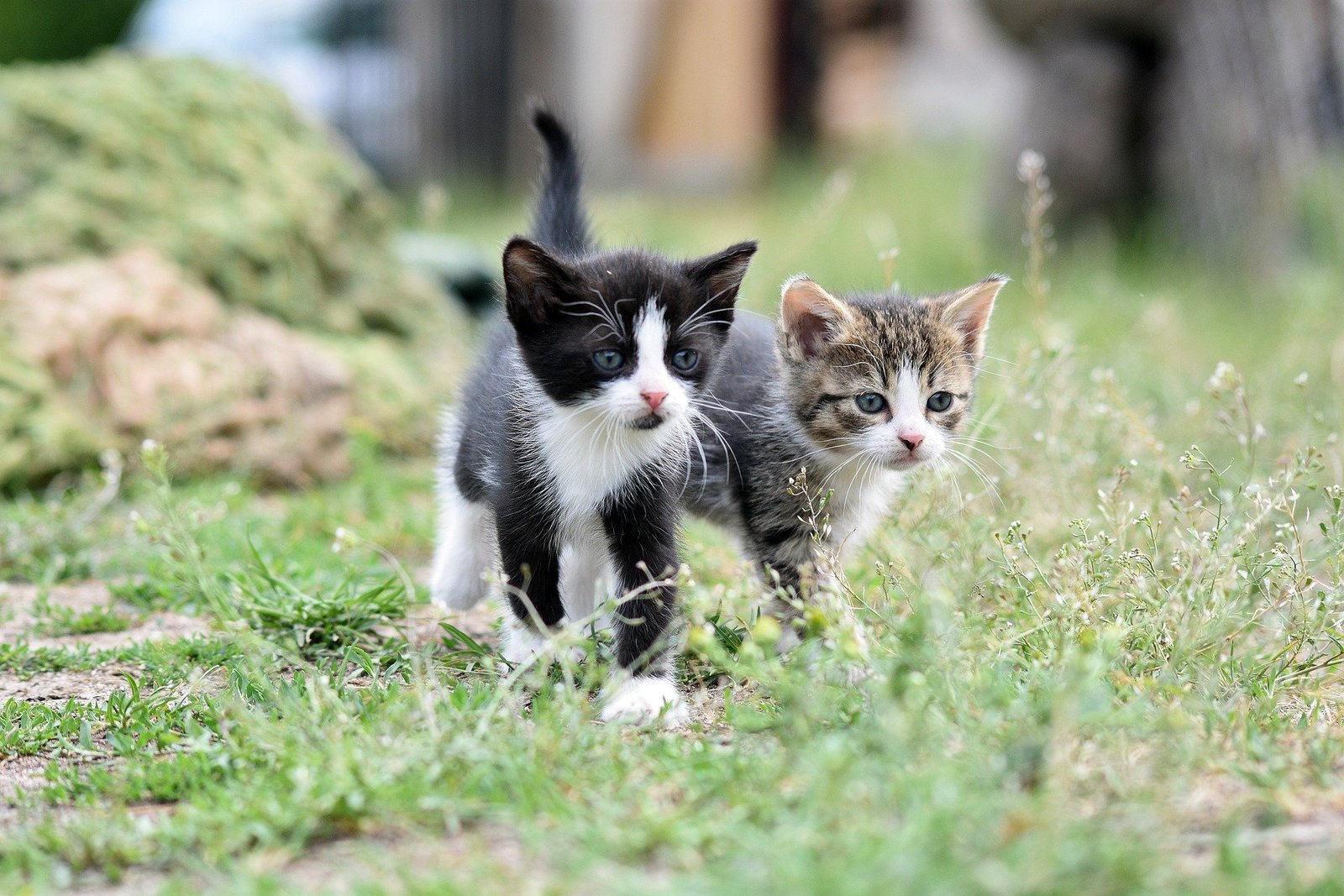
Gut Health for Pets: Tips and Tricks to Maintain a Healthy Balanced Diet
Maintaining optimal gut health for your pets is essential for their overall wellbeing. Just like humans, pets rely on a balanced diet to support their digestive systems, immune function, and even their mood. A healthy gut can lead to improved nutrient absorption, better energy levels, and a happier, more active pet. In this post, we’ll explore effective tips and tricks to ensure your furry friends maintain a healthy gut, along with a comprehensive healthy gut guide for pet owners.
Understanding Gut Health in Pets
Gut health refers to the state of the digestive system, including the balance of beneficial bacteria that live in the intestines. These microorganisms play a crucial role in breaking down food, producing essential vitamins, and protecting against harmful pathogens. When this balance is disrupted, pets can experience a range of issues, including digestive upset, allergies, and even behavioral changes. A thriving gut microbiome is also linked to a stronger immune system, as a significant portion of immune function is located in the gut.
Signs of Poor Gut Health
Before diving into tips for maintaining gut health, it’s important to recognize the signs of poor gut health in pets. Understanding these indicators can help you take timely action to restore balance.
Digestive Issues: Diarrhea, constipation, or bloating are common indicators of an unhealthy gut. Chronic digestive problems may suggest an imbalance in gut bacteria or sensitivity to certain foods.
Lethargy: If your pet seems less energetic or enthusiastic, it might be a sign of digestive discomfort or nutrient deficiencies affecting their energy levels.
Skin Problems: Allergies or skin irritations can sometimes be linked to gut health, as an imbalanced microbiome may lead to inflammation that manifests as skin issues.
Changes in Appetite: A sudden increase or decrease in appetite may indicate underlying digestive issues. Watch for any signs of food aversion or excessive hunger, which can signal digestive distress. If you notice any of these symptoms, consulting your veterinarian is essential for diagnosis and treatment. Early intervention can prevent further complications and help restore your pet’s gut health.
Tips for Maintaining a Healthy Gut
1. Provide a Balanced Diet
The foundation of gut health lies in a well-balanced diet. Ensure your pet’s food includes high-quality protein sources, healthy fats, and a variety of fruits and vegetables. Here are some tips for choosing the right diet:
Choose High-Quality Ingredients: Look for pet food that lists meat as the first ingredient and avoids fillers like corn and soy. Quality ingredients provide the nutrients necessary for a thriving gut microbiome.
Include Fiber: Fiber helps regulate digestion by promoting healthy bowel movements and feeding beneficial gut bacteria. Foods rich in fiber, such as pumpkin, sweet potatoes, and green beans, can aid in maintaining a healthy gut.
Consider Variety: Rotating between different protein sources and food types can help introduce a diverse range of nutrients to your pet’s diet. This variety can also prevent food sensitivities from developing over time.
2. Incorporate Probiotics
Probiotics are beneficial bacteria that support gut health by promoting a balanced microbiome. Here’s how to incorporate them into your pet’s diet:
Probiotic Supplements: Talk to your veterinarian about adding a probiotic supplement to your pet’s diet. These are available in various forms, including powders and chews, and can help restore balance to the gut microbiome, especially after antibiotic treatment.
Fermented Foods: Certain pet-safe fermented foods, like plain yogurt or kefir, can provide natural sources of probiotics. Just ensure they are free from added sugars and artificial ingredients. Fermented foods can also enhance nutrient absorption and support digestion.
3. Maintain Hydration
Hydration plays a significant role in digestive health. Encouraging your pet to drink plenty of water throughout the day is crucial for maintaining gut health. Here are some strategies:
Fresh Water: Always provide access to clean, fresh water. Change the water daily and clean the bowl regularly to prevent bacteria from growing. A well-hydrated pet is less likely to experience constipation or other digestive issues.
Water Fountains: Many pets prefer drinking from a running water source. Consider investing in a pet water fountain to encourage hydration, as the moving water can attract pets who may otherwise drink insufficiently.
4. Monitor Treats and Snacks
While treats can be a great way to bond with your pet, they can also impact gut health if not chosen wisely. Here’s how to manage treats:
Choose Healthy Options: Opt for treats made from whole ingredients, such as freeze-dried meat or fish. Avoid those with artificial additives and preservatives, as they can negatively affect gut health and contribute to digestive issues.
Limit Quantity: Treats should only make up about 10% of your pet’s daily caloric intake. Stick to moderation to avoid digestive upset. Consider using treats as rewards during training sessions to promote good behavior while also monitoring their intake.
5. Regular Vet Check-ups
Routine veterinary check-ups are crucial for monitoring your pet’s health, including gut health. Your vet can:
Assess Diet: Provide personalized dietary recommendations based on your pet’s age, breed, and health status. They can suggest specific foods or supplements that may support your pet’s digestive health.
Identify Issues: Spot any underlying health problems before they become serious, allowing for early intervention. Regular blood tests and fecal examinations can reveal imbalances in gut flora or other health concerns that might be affecting your pet’s gut health.
Conclusion
Maintaining gut health in pets is vital for their overall wellbeing and happiness. By following this healthy gut guide, you can help your furry friend thrive through a balanced diet, hydration, and regular vet visits. Remember, a healthy gut leads to a healthier, happier pet, which translates to more playful moments and fewer health issues down the line. With these tips and tricks, you’ll be well on your way to ensuring your pet enjoys a vibrant and energetic life! Always consult your veterinarian for personalized advice tailored to your pet’s unique needs. Your proactive approach to their gut health will pay off in many wagging tails and purring cuddles!




Post Comment